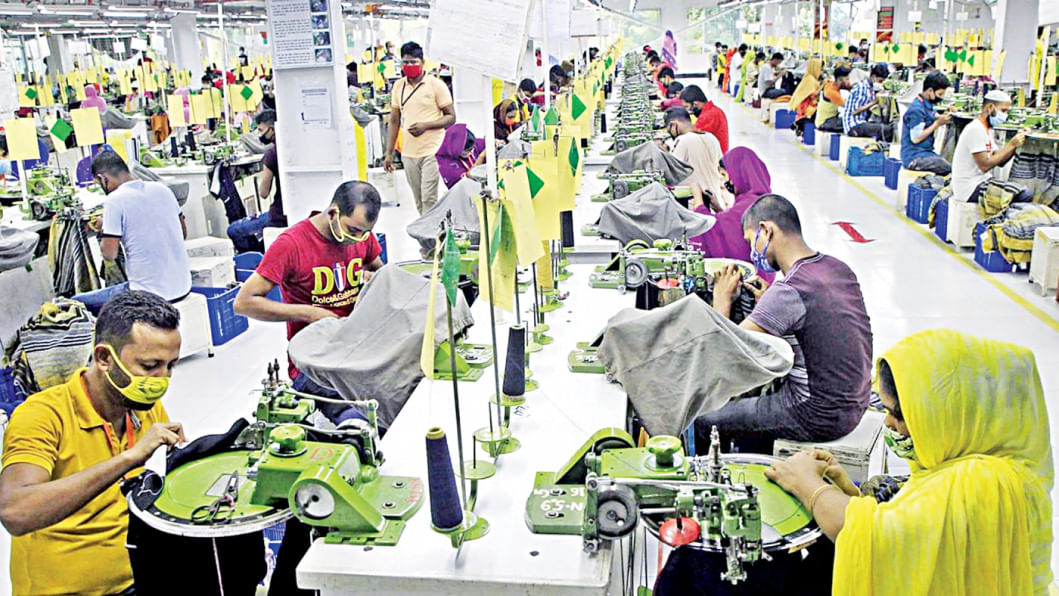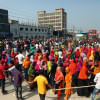73 garment factories receive RSC’s compliance certificate

Some 73 Bangladeshi garment factories today received recognition from the RMG Sustainability Council (RSC) as compliant and safe production facilities.
The factories have been provided with the Letters of Recognition (LoRs) after correcting the non-compliance faults identified during the initial inspections of the council formed by the buyers to monitor workplace safety in RMG establishments.
The RSC was set up by three incorporating members representing each of the three constituents from the industry, global fashion brands and global and local trade unions.
Currently, the RSC is covering 1,913 factories, out of which 534 factories have completed all the initial safety findings and 73 factories from the list received their LoR certificates.
The international fashion brands are now very much aware of where they source from, and they always prioritise the suppliers that ensure safe workplaces for the workers.
The LoR opens the door to new business opportunities which in turn boosts the country's economy.
"At the RSC, we take a pragmatic, solutions-based approach, without compromise to safety and standards, to find solutions to outstanding issues. But the most important thing that drives us to play the role of catalyst is collaboration," said Abdul Haque, managing director of RSC.
"The success of the RMG sector is the result of collaboration among all the stakeholders," he said in a statement.
RSC is a private national tripartite initiative to carry forward the significant accomplishments made in workplace safety in Bangladesh.
On June1 of 2020, the RSC inherited the operations, staff, policies and infrastructure of the local Bangladesh Accord office.
The RSC conducts safety inspections and training and operates an independent occupational safety and health complaints mechanism available to workers in covered RMG factories.
George Faller, the chief safety officer RSC said, "The RMG industry has invested major resources in creating a safe industry and is now promoting an awareness that continual efforts are needed to maintain those safety standards to ensure a more competitive business environment."
The Letter of Recognition is an important milestone in that journey, he said.
The advancements made by this sector sets the benchmark for safety in all other industries. The LoR is not a certification of safety but rather a recognition to factories that have addressed all the initial assessment findings and in doing so great strides towards ensuring safety at the workplace.
Achieving the LoR indicates that the factory management has reached an important milestone in the journey towards ensuring safety which in turn makes the business more sustainable, the statement also said.
After the leaving of the Accord and Alliance, the RSC was formed to monitor the progress of the remediation of the safety of the garment factories.

 For all latest news, follow The Daily Star's Google News channel.
For all latest news, follow The Daily Star's Google News channel. 








Comments